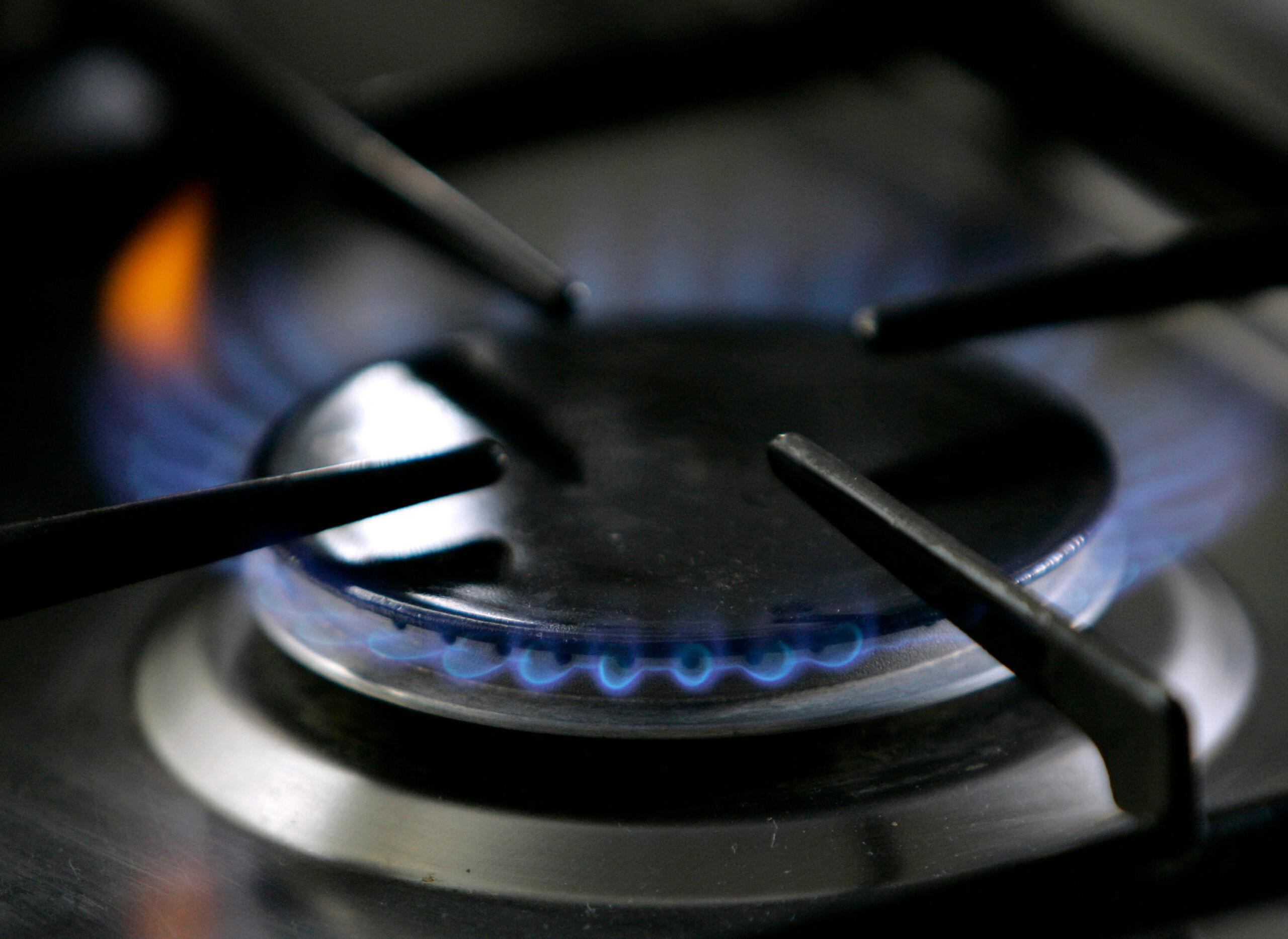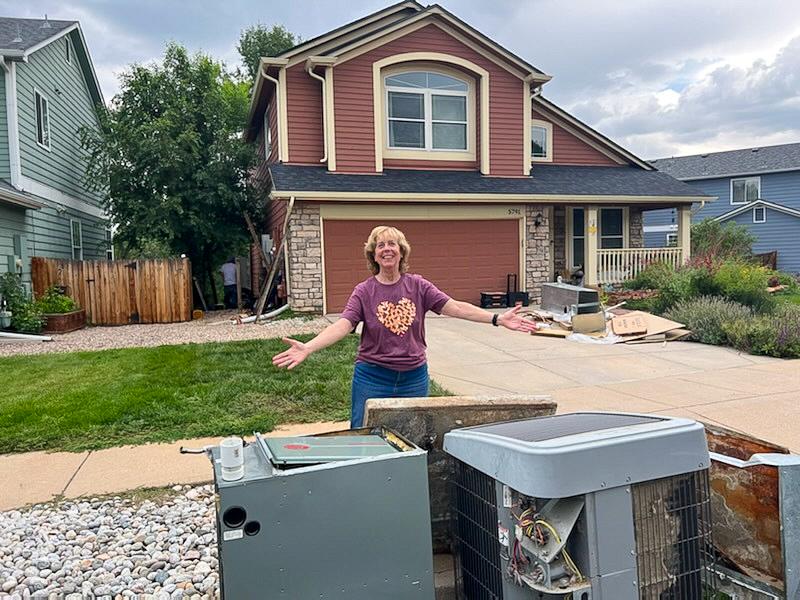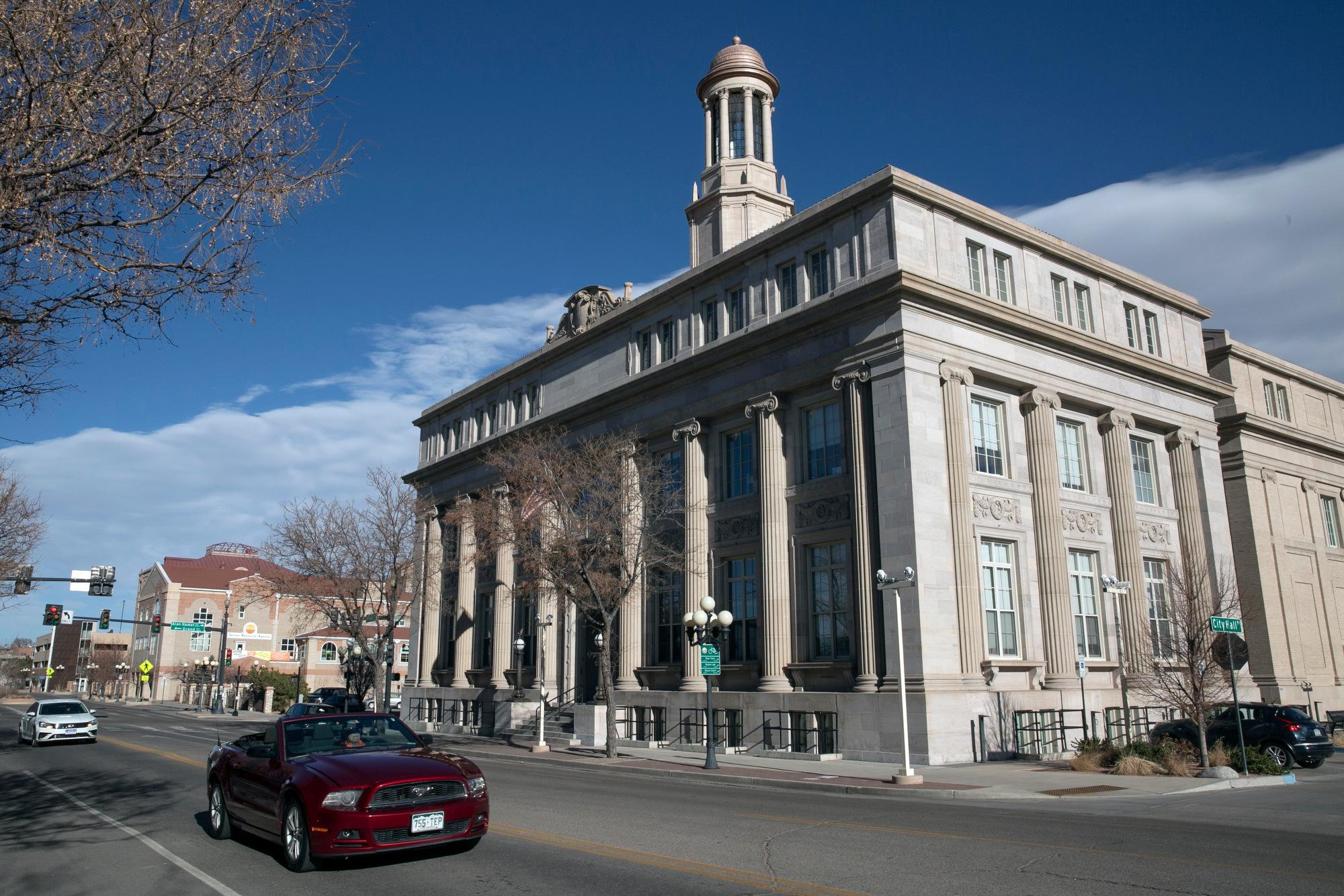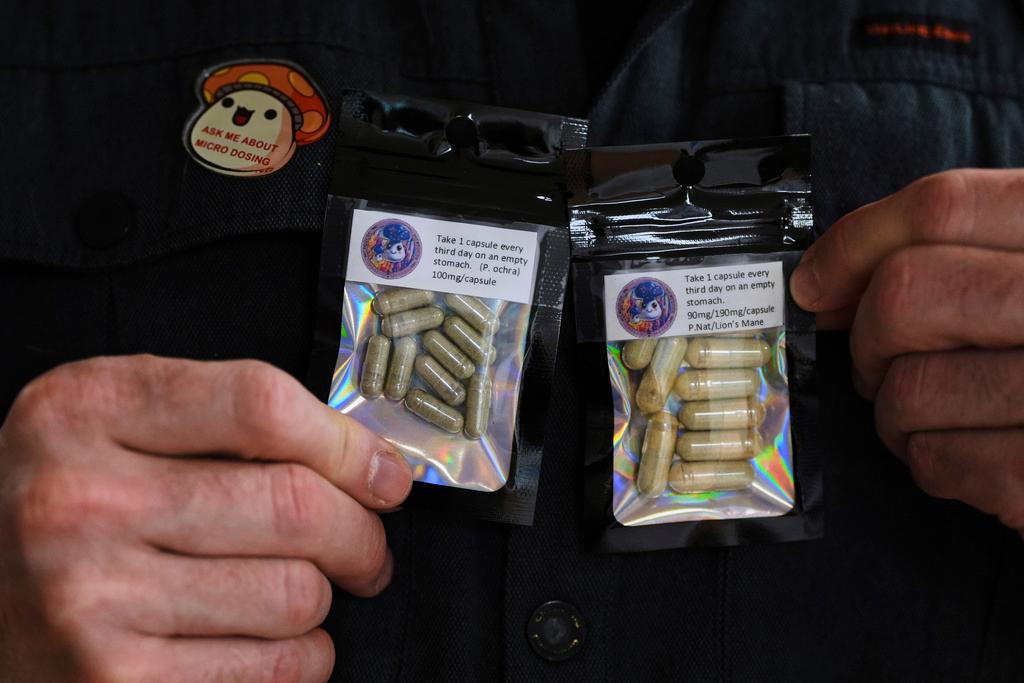
One goal of the Inflation Reduction Act, the massive climate and health care bill President Biden signed earlier this month, is to make it a whole lot cheaper to wean homes off of fossil fuels.
The law marks the largest climate investment in U.S. history, with roughly $370 billion set aside for programs that reduce emissions. It includes $9 billion in home energy rebates to help residents make their homes more energy efficient and purchase new electric appliances like stoves and water heaters.
The looming question now is when consumers might actually benefit. While an expanded solar tax credit takes effect immediately, many of the other incentives in the federal law are set to kick in after the end of the year.
Josh Lake is a co-founder of Elephant Energy, a Boulder-based start-up that renovates homes to run on electricity instead of natural gas and other fossil fuels. Since the federal legislation was enacted, many of his customers have called to ask about the possibility of steep discounts from Uncle Sam. He confesses his company is still sorting through the legislation itself.
“Just like everyone, we’re trying to learn and understand how it’s all going to play out, so stayed tuned and keep doing your research,” Lake said.
In the meantime, some details are clear at this point: If you live in Colorado and might want to make your home climate-friendly, here’s a quick guide to what incentives are already out there and when to expect other federal and state discounts to kick in.
Hold up. Why would you 'electrify' a home?
Home “electrification” is a term that describes replacing fossil-fuel appliances with electric alternatives.
In Colorado, buildings themselves are the third-largest source of greenhouse gas emissions after transportation and electricity generation. One major reason is the ubiquity of natural gas furnaces, which warm about 68 percent of homes across the state, according to federal data.

Climate scientists and policymakers see replacing those appliances as critical to reducing the planet-warming emissions. While the current electric grid heavily relies on fossil fuels, utilities have already invested in a rapid transition to renewable energy. Adding electric appliances ensures a home can take advantage of new wind and solar power as its added to the grid.
Indoor air quality is another potential benefit. One recent study found pollution inside residential buildings now harms more people than pollution from power plants. Environmental groups have pointed to those sorts of findings to petition the U.S. Environmental Protection Agency to set zero-emission standards for water heaters and furnaces, effectively pushing builders toward all-electric homes.
Boulder resident Cynthia Allison said the biggest reason she decided to make the switch was her opposition to hydraulic fracturing. She hired Elephant Energy to rip out her gas furnace last week and replace it with an all-electric heat pump, an efficient electric appliance capable of warming and cooling her home.
“I’ve decided to put my money where my mouth is,” Allison said. “I’m fortunate that I can afford to do this.”
So if it’s expensive, what about those federal discounts?
Most of the potential savings from the legislation would kick in sometime next year.
Sam Calisch, the head of special projects for electrification advocacy group Rewiring America, said the incentives can be broken up into two main categories: tax rebates and upfront discounts.
Starting next year, households can apply for an expanded home energy efficiency tax credit. This credit allows households to deduct up to 30 percent of the cost of certain home upgrades, including heat pumps, heat-pump water heaters, insulation and electrical panels to handle the extra electrical load.
Those deductions are limited up to $1,200 per household with a notable expectation: A household installing a heat pump can deduct up to $2,000 in a single tax year.
One caveat: If those credits add up, it could quickly exhaust a family's total tax liability. Calisch said that’s why those programs tend to favor higher-income households with higher tax bills.
What about less wealthy households?
To assist low-income households, the legislation includes rebates to slash the cost of appliances upfront. Buyers who make 80 percent or less of their area median income would be eligible for the largest rebates. These include:
- Up to $8,000 for a heat pump for space heating or cooling
- Up to $4,400 for a breaker box upgrade
- Up to $2,500 for electric wiring
- Up to $1,750 for a heat pump water heater
- Up to $1,600 for insulation and air sealing
- Up to $840 for an electric stove or clothes drying
Households earning up to 150 percent of their area median income could receive smaller discounts. An additional $4.5 billion rebate program would fund projects to improve home energy efficiency.
Those rebates sound nice. When can I have them?
The upfront rebates would be administered by state governments. Calisch expects the programs will be up and running sometime in 2023.
Dominique Gómez, the deputy director of the Colorado Energy Office, said the state is currently working with the U.S. Department of Energy to nail down details. She doesn’t have an exact timeline at the moment.
“It’ll just take a little bit of time to get the ball rolling,“ Gómez said.
Is that the full extent of the discounts?
Not in Colorado. Another set of state-level incentives will go into effect in 2023.
Under legislation signed earlier this year, Colorado residents who buy heat pumps won't pay sales tax on the purchase. They can also apply for a tax credit to refund 10 percent of the cost.
Utilities and local communities have separate discounts. Xcel Energy, Colorado’s largest power company, currently offers a range of heat pump rebates worth up to $2,000. The City of Denver had offered home electrification rebates, but its program reached capacity this summer. It plans to reopen applications sometime this fall.
OK, it sounds like people should wait until next year.
With so many moving pieces, Lake, the co-founder of Elephant Energy, said the most relevant question isn’t potential savings. It’s the overall functionality for your home heading into fall and winter.
“If you’re a homeowner whose furnace or water heater is at the end of its life, you should probably get in the queue now,” Lake said.
Elephant Energy customers are already waiting for months due to supply chain constraints. With federal incentives set to push up demand even higher, he said it wouldn't be easy to quickly replace a broken furnace with an electric heat pump.
As for families simply considering electrification, he’d understand if they would rather wait for a few more details.
More about Xcel Energy
With 3 million gas and electric customers, Xcel Energy is the largest public utility in Colorado. It also runs the biggest coal-fired power plant and is one of the largest greenhouse gas sources.
- Great Power, Great Profits: Almost $10 billion in proposed infrastructure projects could mean big returns for the company.
- Rates Going Up: Proposed rate hikes for more natural gas pipelines.
- Coal Plant Struggles: The Comanche Generating Station has an ongoing history of breakdowns.
- Our Future Energy Grid: What it looks like will depend on what year Comanche goes offline.
- Bills, Bills, Bills: Have you ever wondered about all those charges on your Xcel energy bill? We broke them down for you.









